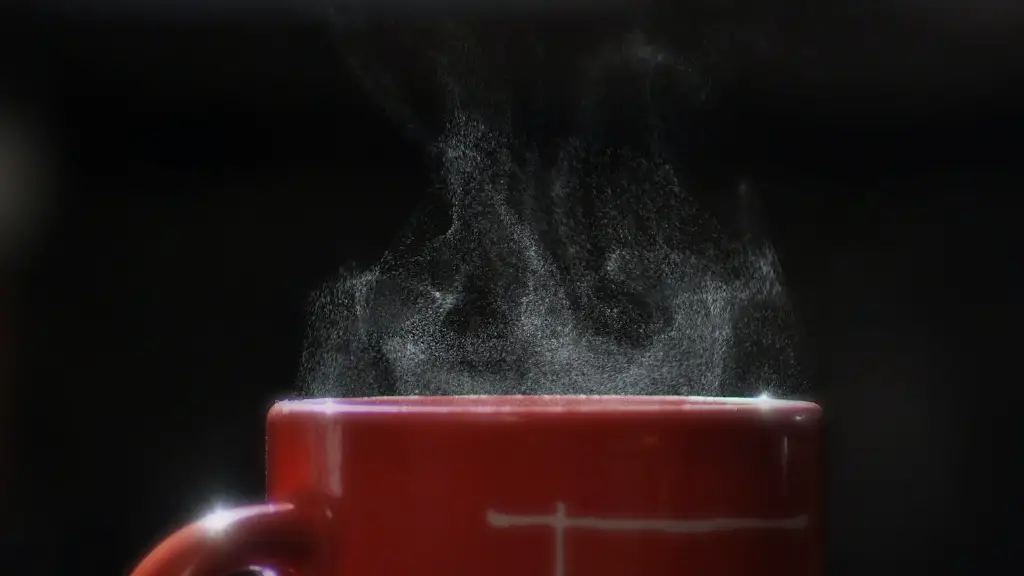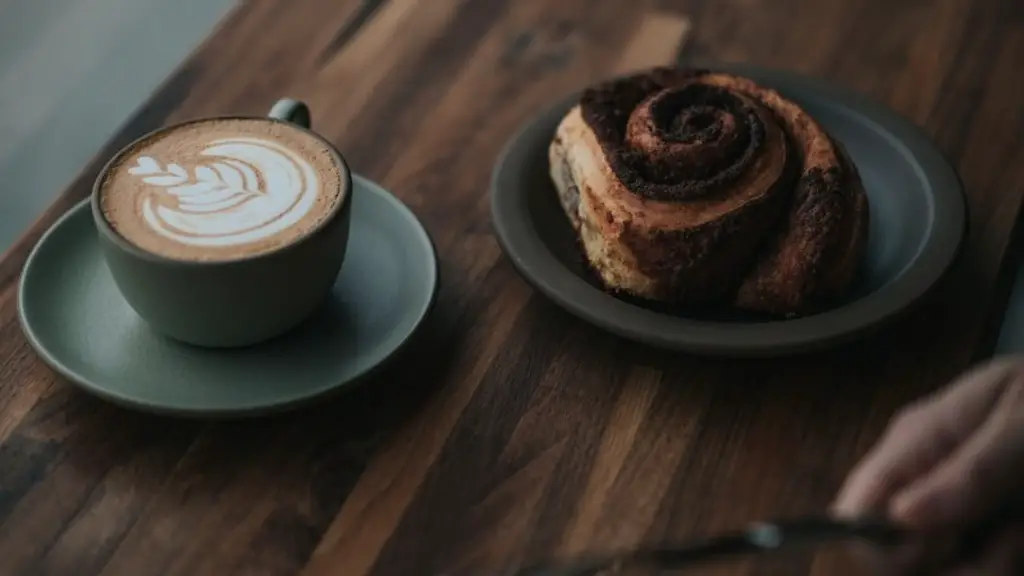Background Information
Pancreatitis is an inflammation of the pancreas, located just below the stomach, that produces enzymes in the gut to breakdown food. People with pancreatitis may experience extreme abdominal pain, nausea, and vomiting as a result of the inflammation and swelling. As the pancreas also produces hormones to regulate blood sugar, those with pancreatitis may also experience an issue with their blood sugar levels.
Can Coffee Trigger Pancreatitis?
Studies have indicated that caffeine in coffee has been linked to the onset of pancreatitis in those who already have a predisposed predisposition for the condition.
This is because caffeine is a stimulant which affects the pancreas, an organ responsible for producing digestive enzymes which control digestion and even cause inflammation. Caffeine in particular can overstimulate the pancreas to produce too many digestive enzymes, leading to inflammation.
Caffeine: How Much is Too Much?
Most people can safely consume 2 – 4 cups of coffee per day without irritating the pancreas and causing pancreatitis. However, those with a pre-existing predisposition to the condition must restrict their coffee intake to 1 or 2 cups per day. Any further consumption of coffee beyond this amount can potentially lead to an exacerbation of the inflammation.
This goes for other caffeinated beverages like soda, energy drinks and even tea as well. Those with pancreatitis should restrict their consumption of all caffeinated beverages.
Caffeine Alternatives
For those who are trying to reduce their caffeine consumption, there are many alternatives available. Decaffeinated coffees, herbal teas and mate tea are all great options for those wishing to reduce their caffeine intake. Additionally, there are many herbal drinks that can provide similar energizing effects as coffee with fewer side effects.
When to Seek Medical Attention?
When it comes to pancreatitis, it is important to remember that the condition can be impacted by lifestyle choices such as diet and exercise. If you have been diagnosed with pancreatitis, it is important to pay attention to any changes in your diet, such as drinking more coffee or alcohol, as these may worsen your symptoms. Additionally, if you experience any new or worsening symptoms such as abdominal pain, vomiting, or fever, then you should seek medical attention as soon as possible.
Effects of Caffeine On The Pancreas
Caffeine is not the sole culprit for pancreatitis, but it is certainly a player. Studies have indicated that excessive consumption of caffeine (over one 4-cup or 500 mg/day limit) is associated with increased cases of pancreatitis in those who have pre-existing risk factors. For this reason, it is important for those at risk of or who have been diagnosed with pancreatitis to monitor and reduce their caffeine consumption and opt for other, caffeine-free beverages such as decaffeinated coffee, herbal teas, and mate tea.
How Pancreatitis Is Treated
Pancreatitis is a complex medical condition and requires medical attention for proper diagnosis and treatments. Upon diagnosis and depending on severity, the medical team may recommend starting medications to reduce inflammation and pain, depending on the results of tests and scans. Treatment focuses on identifying and eliminating the cause of pancreatitis, reducing pain and inflammation, and preventing further complications.
Managing Symptoms Of Pancreatitis
Treatment for pancreatitis includes medication to reduce pain and inflammation, eating a healthy, balanced diet, and avoiding alcohol and other substances that can cause further irritation to the organ. While the severity of symptoms varies, in most cases the symptoms of pancreatitis should improve after a few weeks.
It is important to speak with a medical professional if you have been diagnosed with pancreatitis and are looking to manage the symptoms. They will be able to provide you with the best advice on how to manage your condition.
Are Coffee Alternatives Safe For People With Pancreatitis?
Alternatives to caffeinated beverages such as decaf coffee, herbal teas, and mate tea are considered safe for people with pancreatitis. While these alternatives contain some caffeine, the amount is significantly lower than that of a regular cup of coffee. It is important to stick to the recommended 1-2 cup limit for those with a predisposition for pancreatitis.
Nutritional Considerations for People with Pancreatitis
Pancreatitis tends to be a chronic condition that requires careful nutrition. Those with pancreatitis should opt for a nutritionally balanced diet that includes plenty of vegetables and fruits, lean proteins, and healthy fats. Additionally, following a low-fat diet is key for those suffering from pancreatitis, as the high levels of fat can irritate the pancreas and make the symptoms worse.
When it comes to beverages, those with pancreatitis should avoid sugary drinks and stick to water, low-fat milk, decaffeinated coffee, and herbal teas.
Conclusion
In conclusion, those who suffer from pancreatitis need to be mindful of the amount of caffeine they consume and opt for healthy, caffeine-free alternatives whenever possible to reduce the symptoms. Eating a healthy, balanced diet and sticking to a low-fat diet is also essential for managing symptoms. It is important to speak to a medical professional for the best advice on how to manage your condition.



